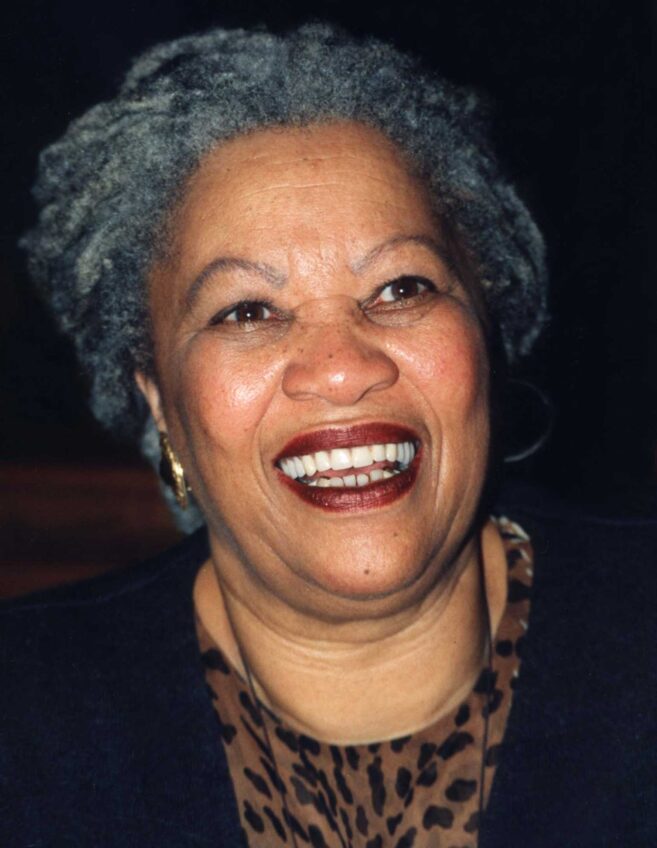Lessons from a closed library in Chinatown
Amidst the debate over branch library closings, people should remember the experience of Chinatown.
Chinatown once had a library. It opened in 1896 and served the Syrian, Greek, Jewish, Italian, Chinese and other immigrant residents of the neighborhood. The library was located on Tyler Street, and — as in every other neighborhood — it was well loved, until it permanently closed its doors in 1956 and was razed during the misnamed urban renewal process.
The library’s demolition signaled the arrival of years of destruction and neglect for this tight-knit urban community as the nation built highways to benefit the suburban frontier.
In the years that followed the library’s closing, the Boston Public Library provided intermittent mobile van services that brought books into Chinatown. Later, the bookmobile program was cut. Many of the library’s public cultural and community-building services were not replaced until the community built new service centers many years later.
Today, some 60 years later, Chinatown remains one of the few Boston neighborhoods without a branch library.
For the past decade, as Chinatown has gradually increased its political clout, one of the community’s top priorities has been to re-establish a branch library. This need has been particularly highlighted by the youth, who kicked off the most recent decade-long campaign for a Chinatown library in 2001.
Now, the Friends of the Chinatown Library are in the difficult position of advocating for a new branch library at a time when the talk is all about closing libraries. Boston Public Library head Amy Ryan has the unenviable job of making a plan to serve the entire city without enough money. But the people who are impacted most by the decisions need to be part of the process from the beginning.
Boston launched the first public high school and the nation’s first public library. As former principal of the Josiah Quincy School, I cannot stress enough the role that education plays in shaping young people’s future.
Today, we are closing branch libraries and opening casinos; we are spending as much on prisons — and more on war — than we do on public higher education. What does that say about our society and the future of our children?
As people who know what it means to have a library closed, the Friends of the Chinatown Library cannot in good conscience support the closing of any neighborhood’s branch library. What we do support is the exploration of new models for the branch libraries of the future. We know that libraries are more than repositories for books. They are educational centers and important public and civic spaces that cross generational, culture, class and language lines.
This winter, Chinatown had a library for three months. Created by a group of community-minded artists and architects, the Chinatown Storefront Library was a project to provide temporary library services in an empty storefront as a way of demonstrating what it would mean for Chinatown to have a branch library again.
Chinatown was buzzing with children’s story hours, poetry readings, art exhibits and elderly residents learning to use a computer or stopping by to read the newspapers. In just 11 weeks, the Storefront Library circulated 1,374 books and issued 540 Storefront Library cards.
As Chinatown looks toward the future, far beyond the current budget crisis, we are not giving up our demand for a permanent branch library. In the meantime, we are working to create a community-led pilot library, out of which we will continue our campaign, and offer to partner with the Boston Public Library as a way to experiment with new library models.
Libraries are changing, but we all need to work together to figure out how to move forward. The city that launched the first public library in the nation should be the city that figures out how to continue providing library services to every neighborhood in the midst of changing times.
Suzanne Lee is a former principal of Josiah Quincy School and a member of the Friends of the Chinatown Library.






